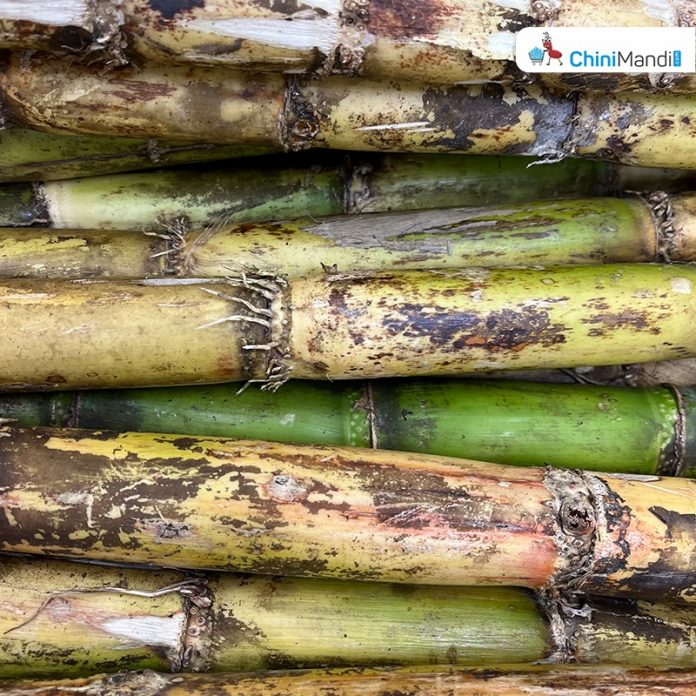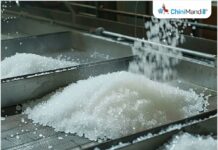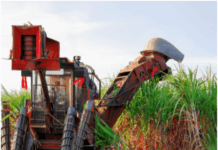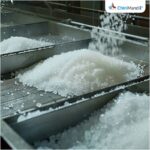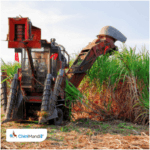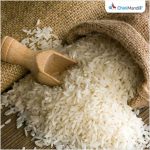The Ministry of Sugar is set to allocate $500,000 for the procurement of machinery geared towards improving cane planting processes, which will include drones for fertilizer application on farms, reported Fiji Times.
A tender has been issued to acquire 12 mechanical sugarcane planters, 16 mechanical fertilizer rippers, and applicators, along with four drones designated for weedicide and other nutrient applications.
The tender document highlights the ongoing challenges faced by the sugarcane industry, notably the persistent decline in labor availability for planting and harvesting. This situation has been exacerbated in the last two years due to the global pandemic, leading to a significant increase in labor costs by 20%. Consequently, cultivation expenses have risen, resulting in a diminished return on investment for plant crop cultivation.
To address these challenges, the Ministry of Sugar aims to modernize the industry through investment in advanced technologies. The proposed machinery is intended to bolster local farmers, promote environmental stewardship, and support long-term growth in the sugarcane sector.
The ministry emphasizes that despite government initiatives, such as planting grants, their impact on cane area expansion, production, and productivity improvement has been limited. The infusion of modern technologies is seen as a crucial step towards overcoming these obstacles.
The adoption of these advanced technologies is anticipated to bring about increased efficiency, cost reduction, and enhanced overall productivity in sugarcane cultivation. Mechanized solutions are viewed as a cost-effective alternative to traditional manual methods, providing an opportunity to optimize resource utilization and lower labor costs.
The focus on precision farming equipment is aligned with the ministry’s goal of implementing modern farming practices to improve crop health and yield. The investment in machinery reflects a strategic move towards sustainable and efficient practices, with the expectation that these advancements will contribute to the long-term success and viability of the sugarcane industry.

